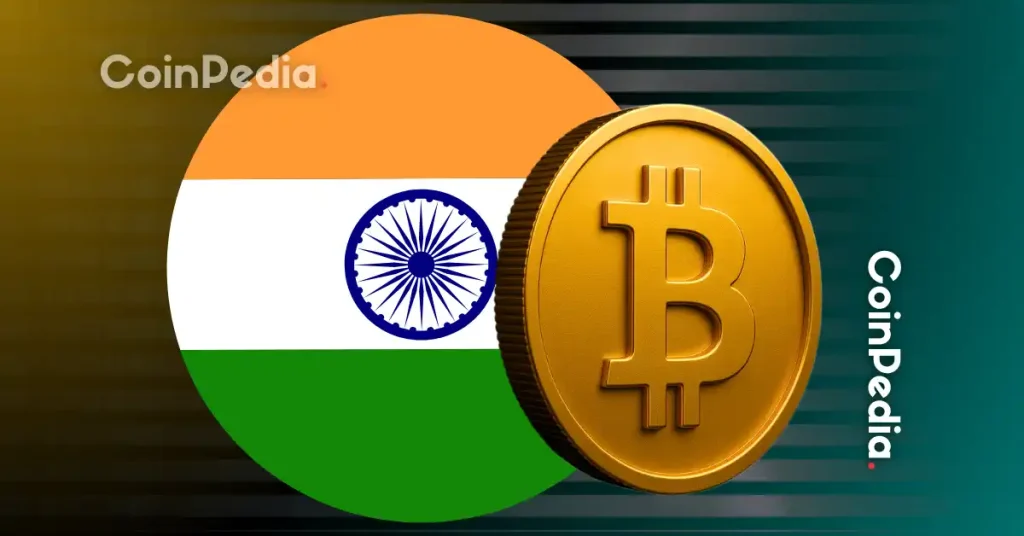India’s 2025 Crypto Regulation & Tax Policy: What You Need to Know Now
BREAKING: India finally unveils its crypto rulebook—and the taxman's watching.
THE NEW FRAMEWORK
Regulators drop long-awaited guidelines that legitimize trading while tightening oversight. Exchanges now face mandatory registration with strict KYC protocols—no more anonymous wallets.
TAX HITS HARD
Hold onto your private keys: the 30% capital gains tax isn't going anywhere. Plus, a 1% TDS on every transaction still drains liquidity from day traders. Critics call it revenue grabbing disguised as policy.
THE CRACKDOWN ON DEFI
Unregulated decentralized platforms get a target on their back. The government's message? 'Not your keys, not your coins' just became 'Not our rules, not your business.'
BULLS STILL CHARGE AHEAD
Despite the fiscal friction, adoption metrics keep climbing. Because when the rupee wobbles, digital gold glitters—even with a 31% cut to the crown.
So yes, compliance just got heavier. But in a country where bureaucracy is an Olympic sport, crypto just earned its official jersey.

India is taking a cautious path when it comes to cryptocurrencies. A recent government document reveals that instead of building a full legal framework, the country will maintain partial oversight. The concern is that full regulation might give crypto legitimacy, making it a bigger part of the financial system and creating systemic risks.
The Reserve Bank of India (RBI) has argued that regulating crypto effectively is nearly impossible. While a complete ban could curb some dangers, it WOULD not stop peer-to-peer transfers or trading on decentralized platforms.
Why India Hesitates
The document seen by Reuters highlights that regulating crypto would “grant legitimacy” and could allow it to spread more deeply into the economy. India fears this could lead to financial instability, especially since most crypto assets are speculative.
On the other hand, banning them completely won’t work either, as people could still trade directly or through decentralized exchanges. This leaves the government caught between risk and reality, opting for a halfway approach.
The Global Context
India’s caution contrasts with moves in other countries. The U.S. has legalized wider use of stablecoins, with President TRUMP signing the GENIUS Act in July 2025. China still bans crypto but is exploring a state-backed stablecoin, while Japan and Australia are working on frameworks without pushing the sector aggressively.
India, meanwhile, shelved its own crypto bill from 2021 and later held back from publishing a discussion paper in 2024, preferring to watch how other nations, especially the U.S., act before deciding its next steps.
Stablecoins Under the Scanner
The rise of stablecoins is a particular worry. Since most are pegged to the U.S. dollar, India fears their widespread use could weaken its digital payment system, the Unified Payments Interface (UPI), which is one of the country’s proudest financial innovations. The government notes that while stablecoins aim for price stability, they can still be affected by liquidity problems or market shocks, posing risks to national financial systems.
Where Things Stand
Currently, global crypto exchanges can operate in India if they register with the authorities and follow anti-money laundering checks. But heavy taxes on crypto profits have discouraged speculative trading. Despite Indians holding about $4.5 billion in crypto, the government says the sector isn’t yet big enough to threaten financial stability.
For now, India seems committed to keeping crypto on the sidelines, neither fully embracing it nor banning it outright.
Never Miss a Beat in the Crypto World!Stay ahead with breaking news, expert analysis, and real-time updates on the latest trends in Bitcoin, altcoins, DeFi, NFTs, and more.
FAQs
Is cryptocurrency legal in India?Cryptocurrency is not fully legalized. India maintains partial oversight, allowing registered exchanges to operate under anti-money laundering rules but with heavy taxes.
Why won’t India fully regulate crypto?The government fears full regulation would grant crypto legitimacy, integrating it deeper into the financial system and creating potential systemic risks.
How does India’s approach compare to other countries?India is more cautious. Unlike the U.S.’s stablecoin legalization, India prefers a wait-and-watch approach, shelving previous regulatory plans.


